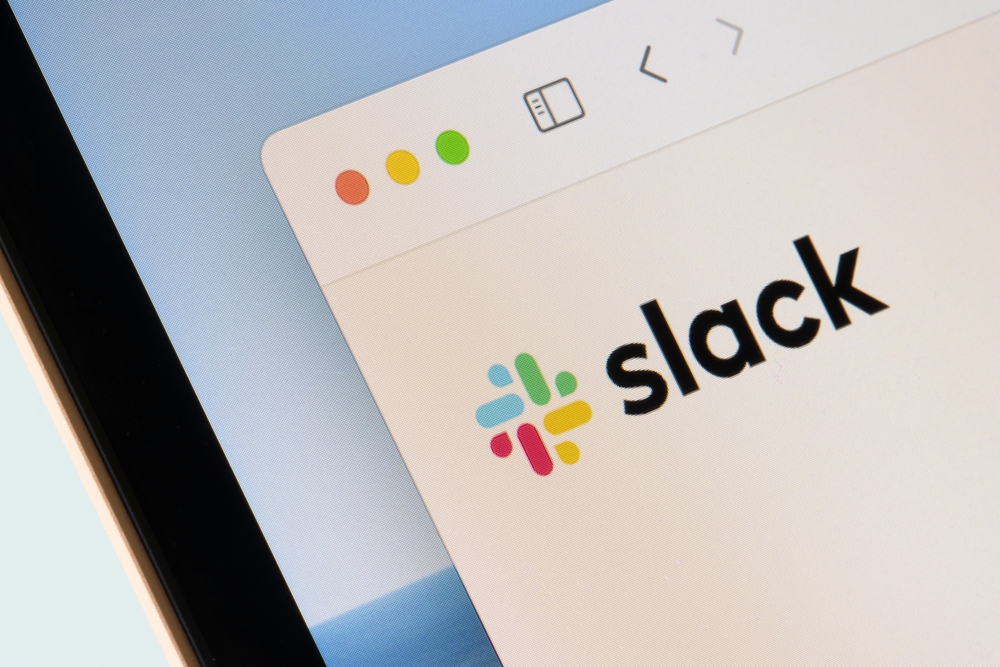The popular messaging app Slack is at the center of a scandal involving the use of users’ personal data. It has been revealed that the company secretly siphons messages, files, and other information from chats to train its own artificial intelligence models. Users were automatically subscribed to this data collection without giving explicit consent.

According to Techspot, the issue came to light following an angry tweet from cybersecurity expert Corey Quinn, who discovered the clause in Slack’s privacy policy. The policy indicates that the company’s systems “analyze user messages and files to create AI and machine learning models.” Slack representatives confirmed this information, stating that the data is used to improve AI tools in the app, such as search and recommendations. However, the company assured that premium features based on AI are developed without access to personal data.
User Backlash and Privacy Concerns
Many users were shocked to learn that Slack was secretly receiving their private conversations and documents. There is a widespread belief that the company should have clearly communicated this practice and provided an opportunity to opt-out. However, opting out of data collection is complex and can only be done by an organization administrator, who must send a special request to the support service. This option is not available for individual team members.
Other tech companies have also criticized Slack. For example, the developers of the messaging app Signal have stated that they do not collect user data or use it for any AI purposes as a matter of principle. This controversy highlights a broader issue with messaging and social networks’ approach to data privacy, as they often collect users’ personal information by default without explicit consent, using this data to improve their products and services, including AI technologies, notes NIX Solutions.
Slack’s privacy statements appear contradictory. On one hand, they claim not to access personal data when developing AI; on the other, they analyze user messages and files for precisely this purpose. We’ll keep you updated as this story develops and more information becomes available.
